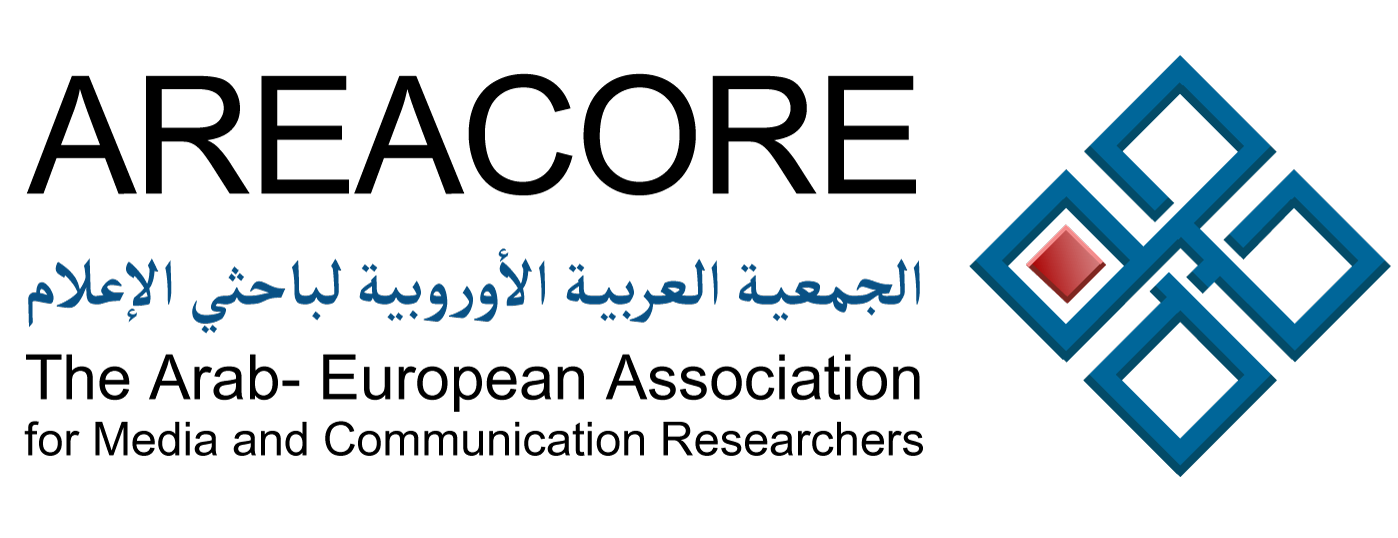Bou Zeid, Maria, & El-Khoury, Jessica R. (2020). Challenges of media ethics education in Lebanon in the midst of political and economic pressure. Journalism & Mass Communication Educator, 75(3), 275–290.
Cochrane, Paul. (2007). Lebanon’s media sectarianism. Arab Media & Society, 2.
Cochrane, Paul. (2008). Lebanon’s media battle. Arab Media & Society, 6.
Dabbous, Yasmine T. (2010). Media with a mission: Why fairness and balance are not priorities in Lebanon’s journalistic codes. International Journal of Communication, 4, 719–737.
Dajani, Nabil. (2006). The re-feudalization of the public sphere: Lebanese television news coverage and the Lebanese political process. Transnational Broadcasting Studies, 16.
Dib, Amal. (2019). The Un(Civil) War: Media framing and memory construction in wartime and postwar Lebanon. ProQuest Dissertations Publishing.
El-Hibri, Hatim. (2021). Visions of Beirut: The urban life of media infrastructure. Durham: Duke University Press.
El Richani, Sarah. (2013). The Lebanese broadcasting system: A battle between political parallelism, commercialization, and de-facto liberalism. In T. Guaaybess (Ed.), National broadcasting and state policy in Arab countries (pp. 69–82). Palgrave Macmillan.
El Richani, Sarah. (2016). The Lebanese media: Anatomy of a system in perpetual crisis. London: Palgrave Macmillan.
El-Richani, S. (2021). Lebanon: A faltering mesh of political and commercial interests. In C. Richter & C. Kozman (Eds.), Arab Media Systems (pp. 1–18). Open Book Publishers.
Jurkiewicz, Sarah. (2018). Blogging in Beirut: An ethnography of a digital media practice. Bielefeld: transcript Verlag.
Khalil, Joe F. (2017). Lebanon’s waste crisis: An exercise of participation rights. New Media & Society, 19(5), 701–712.
Kraidy, Marwan M. (1999). State control of television news in 1990s Lebanon. Journalism & Mass Communication Quarterly, 76(3), 485–498.
Lamloum, Olfa. (2009). Hezbollah’s media: Political history in outline. Global Media and Communication, 5, 353–367.
Matar, Dina, & Dakhlallah, Farah. (2006). What it means to be Shiite in Lebanon: Al Manar and the imagined community of resistance. Westminster Papers in Communication and Culture, 3(2), 22–40.
Melki, Jad. (2014). The interplay of politics, economics and culture in news framing of Middle East wars. Media, War & Conflict, 7(2), 165–186.
Melki, Jad P., & Mallat, Sarah E. (2016). Block her entry, keep her down and push her out: Gender discrimination and women journalists in the Arab world. Journalism Studies (London, England), 17(1), 57–79.
Melki, Jad, & Kozman, Claudia. (2021). Selective exposure during uprisings: Examining the public’s news consumption and sharing tendencies during the 2019 Lebanon protests. International Journal of Press/Politics.
Melki, Jad, & Hitti, Eveline. (2021). The domestic tethering of Lebanese and Arab women journalists and news managers. Journalism Practice, 15(3), 288–307.
Nötzold, Katharina. (2009). Defining the nation? Lebanese television and political elites, 1990–2005. Berlin: Frank & Timme.
Saud, Muhammad, El Hariri, Dima Bassam, & Ashfaq, Asia. (2020). The role of social media in promoting political participation: The Lebanon experience. Masyarakat, Kebudayaan dan Politik, 33(3), 248–255.
Voltmer, Katrin, Selvik, Kjetil, & Høigilt, Jacob. (2021). Hybrid media and hybrid politics: Contesting informational uncertainty in Lebanon and Tunisia. The International Journal of Press/Politics. https://doi.org/10.1177/1940161221999260.
